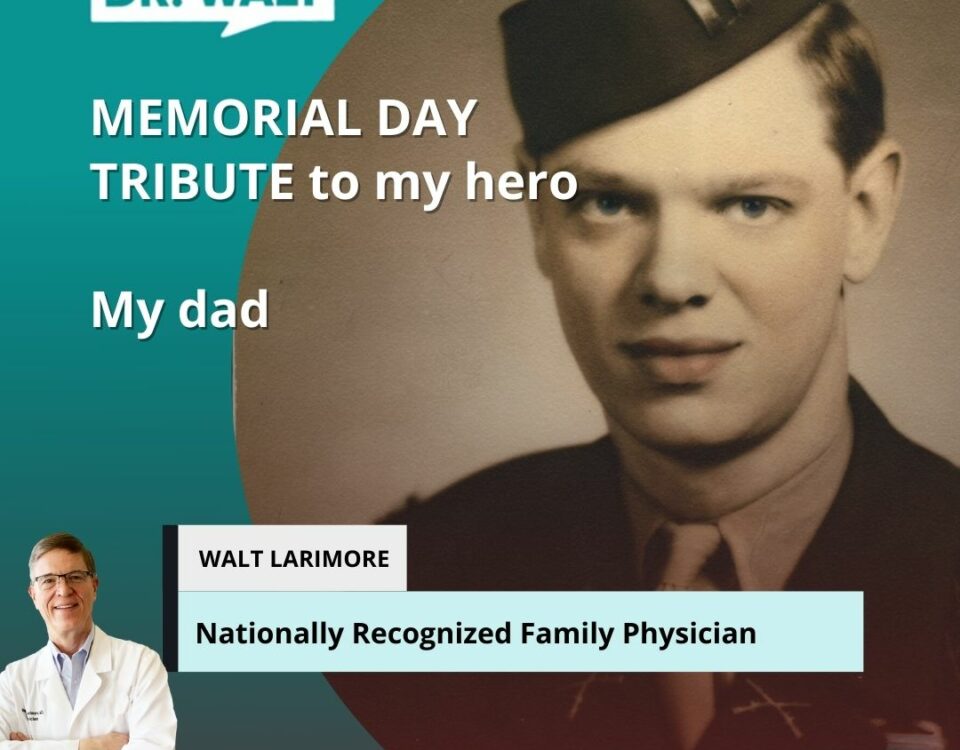
May 25, 1945 — Phil receives one of the most shocking phone calls of his young life
May 25, 2025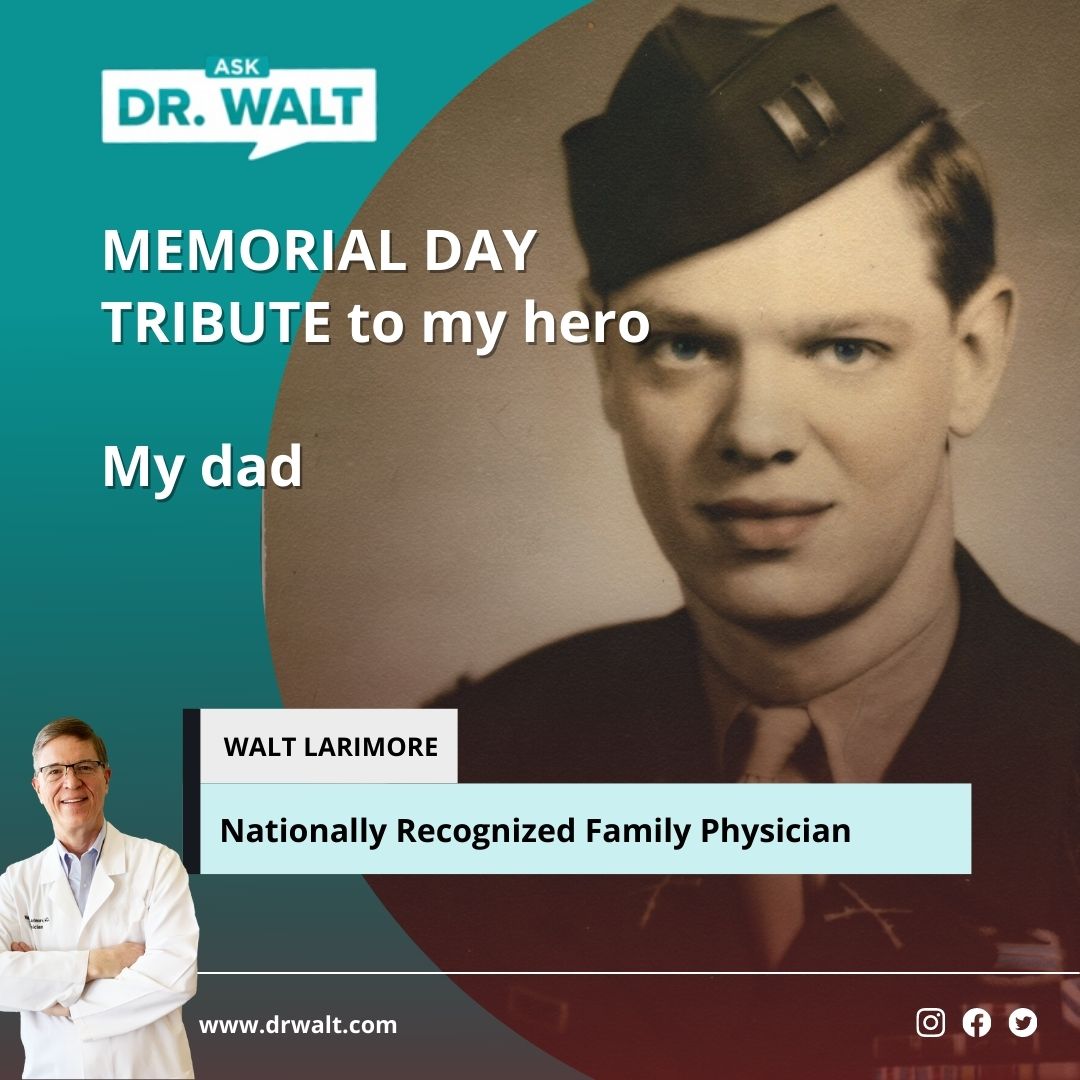
MEMORIAL DAY TRIBUTE to my hero – My Father
May 26, 2025Just over 3 years ago, the book about my father that took over 15 years of researching, writing, and rewriting, was published. At First Light: A True World War II Story of a Hero, His Bravery, and an Amazing Horse. During my research, I came to admire one of Dad’s commanders, Gen. Lucian K. Truscott. One of my favorite stories about his happened on the first Memorial Day after the war. I hope this story will bless you and yours this Memorial Day weekend.

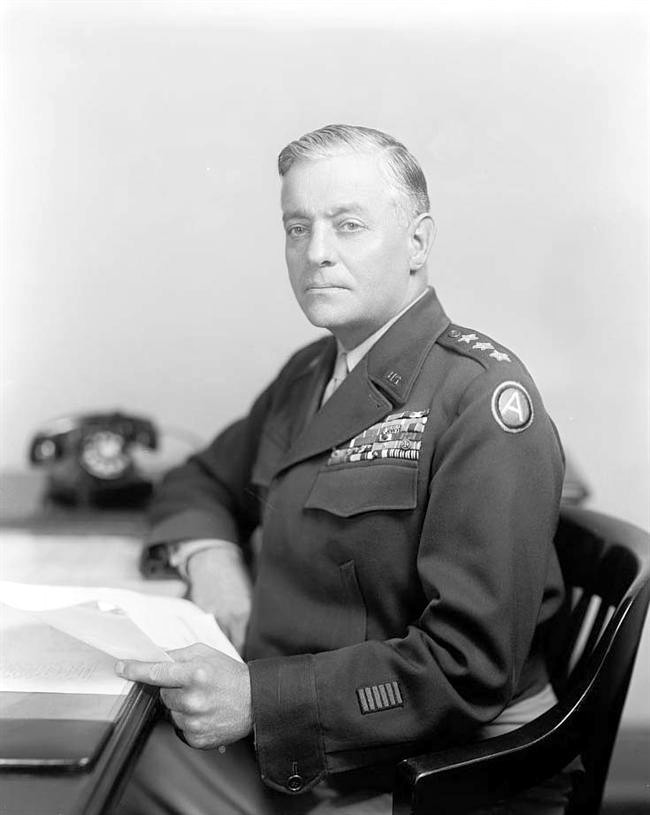
Gen. Lucian K. Truscott
Lucian King Truscott Jr. (9 January 1895 – 12 September 1965), between 1943 and 1945, successively commanded the 3rd Infantry Division, VI Corps, Fifteenth Army, and Fifth Army, serving mainly in the Mediterranean Theater of Operations (MTO) during his wartime service. He was one of only two US Army officers to command a division, a corps, and a field army in combat during the war.
On Memorial Day, May 30, 1945, after WWII in Europe was over, (then) Lt. Gen. Lucian Truscott Jr., (then) commander of the U.S. Fifth Army, delivered what may well be the most moving and iconic of all Memorial Day addresses.
Doyle Hodges, of the website War on the Rocks, wrote that on that day, instead of addressing the crowd of dignitaries gathered at the Sicily-Rome American Cemetery in Nettuno, Italy, Truscott turned his back on the audience and delivered an extraordinary apology to the roughly 20,000 American soldiers who were buried there.
Historian Nicolaus Mills wrote for CNN in 2015 that there is neither a transcript nor a recording of Truscott’s speech, not even among his official papers at the George C. Marshall Research Library in Virginia. Fortunately, journalists who were there reported on the event.
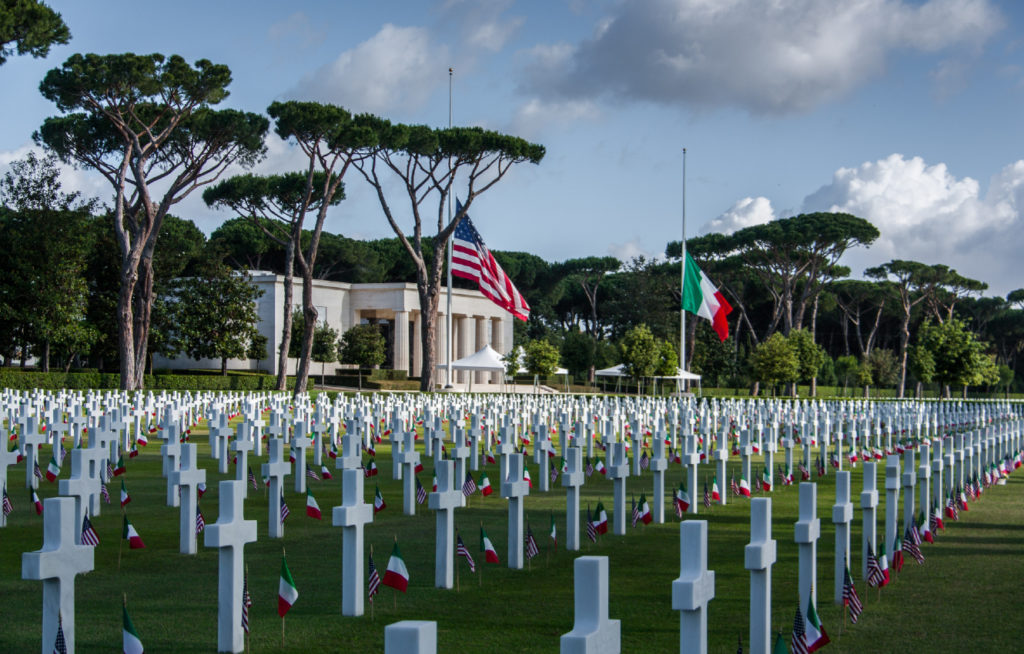
The Sicily-Rome American Cemetery in Nettuno, Italy
The famed WWII combat cartoonist Bill Mauldin wrote about Truscott’s speech and called his apology “the most moving gesture I ever saw.” Mauldin, who recalled the scene in his memoir The Brass Ring, said that Truscott’s audience included members of the U.S. Senate Armed Services Committee, making his gesture all the more memorable.
Stars & Stripes, the military newspaper, carried excerpts of Truscott’s remarks, including his observation that “all over the world our soldiers sleep beneath the crosses … It is a challenge to us – all allied nations– to ensure that they do not and have not died in vain,” Mills wrote for CNN.
Mauldin also wrote:
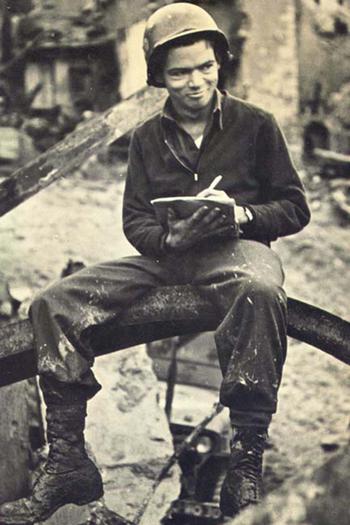
Two-time Pulitzer Prize winner and WWII cartoonist Bill Mauldin
When Truscott spoke he turned away from the visitors and addressed himself to the corpses he had commanded here. It was the most moving gesture I ever saw. It came from a hard-boiled old man who was incapable of planned dramatics.
The general’s remarks were brief and extemporaneous. He apologized to the dead men for their presence here. He said everybody tells leaders it is not their fault that men get killed in war, but that every leader knows in his heart this is not altogether true.
He said he hoped anybody here through any mistake of his would forgive him, but he realized that was asking a hell of a lot under the circumstances. . . . he would not speak about the glorious dead because he didn’t see much glory in getting killed if you were in your late teens or early twenties.
He promised that if in the future he ran into anybody, especially old men, who thought death in battle was glorious, he would straighten them out. He said he thought that was the least he could do.

War correspondent Ernie Pyle, best known for stories about ordinary American soldiers during WWII
Separately, the legendary war correspondent Ernie Pyle, who, like Mauldin, was embedded with the men about whom he wrote, reflected on the circumstances that had plucked ordinary men from their homes and brought them halfway across the planet to fight in a war that changed the world. According to biographer James Tobin in Ernie Pyle’s War: America’s Witness to World War II, Pyle wrote:
I couldn’t help but feeling the immensity of the catastrophe that has put men all over the world, millions of us, moving in machinelike precision throughout long foreign nights — men who should be comfortably asleep in their own warm beds at home. War makes strange giant creatures out of us little men who inhabit the Earth.
Like so many of the people he wrote about, Pyle never made it home either. The Associated Press reported he died on April 18, 1944, after a Japanese machine gun bullet pierced his left temple.
Lieutenant Donald G. Taggart, editor of History of the Third Infantry Division in World War II (page 373), concluded his masterful diary of WWII in Europe with this conclusion:
It is to these men that we look back today in our moment of triumph. We cannot look back to them if we do not look forward to the future for which they fought — and died.
The cost has been great — almost at times, it seemed, too great.
It is now our task to build the future on the solid foundation laid by those who have left us forever.
We shall go forward, in our traditional way, never forgetting those who march with us in memory.
In At First Light: A True World War II Story of a Hero, His Bravery, and an Amazing Horse, I wrote (page 363):
These extraordinary men and their brothers in combat faced and conquered fear, heartbreak, dread, chaos, stench, casualties, wounds, opposition, inevitable defeat, and certain death.
They learned to sacrifice the daily comforts that many consider essential. Fortitude, perseverance, loyalty, and service were seared into their characters and branded their souls.
Decades after they returned to the home front, they still savored each new day, each breath, in a new way. They knew their many friends in battle who had left their all on the altar of war—who had sacrificed their tomorrows—had allowed them to live, truly live for their todays.
From Truscott’s apology, Pyle’s recollection, and my and Taggart’s observations, I hope these accounts will encourage you to rethink how you celebrate each Veteran’s and Memorial Day. Certainly, we should enjoy the fellowship and fun of cooking out with and being with loved ones but could we each also consider taking at least a few moments on each of these days:
- To read a story or two out loud or share a short video or two together recognizing and remembering our past heroes, and
- To pause, at least for a moment, to thank God together for the continued liberty and freedom we now enjoy because of the exceptional heroes who served and continue to serve our country and for those who fought and died for us.
John L. Micek, in a commentary for the Pennsylvania Capital Star in 2023 (from which I drew much of this blog), encouraged each of us to reflect and honor those who have given their all for all of us:
At some point today, in a quiet moment, I’ll honor those sacrifices and remember our collective responsibility to ensure, as Truscott said all those years ago, that they were not in vain.
And if you are honoring or mourning a fallen loved one today, may their memory be a blessing.
I hope you each have a peaceful Memorial Day and take some time to honor those service men and women who left their all on the altar of service—who sacrificed their tomorrows for our todays.

© Copyright WLL, INC. 2025

 It is to these men that we look back today in our moment of triumph. We cannot look back to them if we do not look forward to the future for which they fought — and died.
It is to these men that we look back today in our moment of triumph. We cannot look back to them if we do not look forward to the future for which they fought — and died. 
